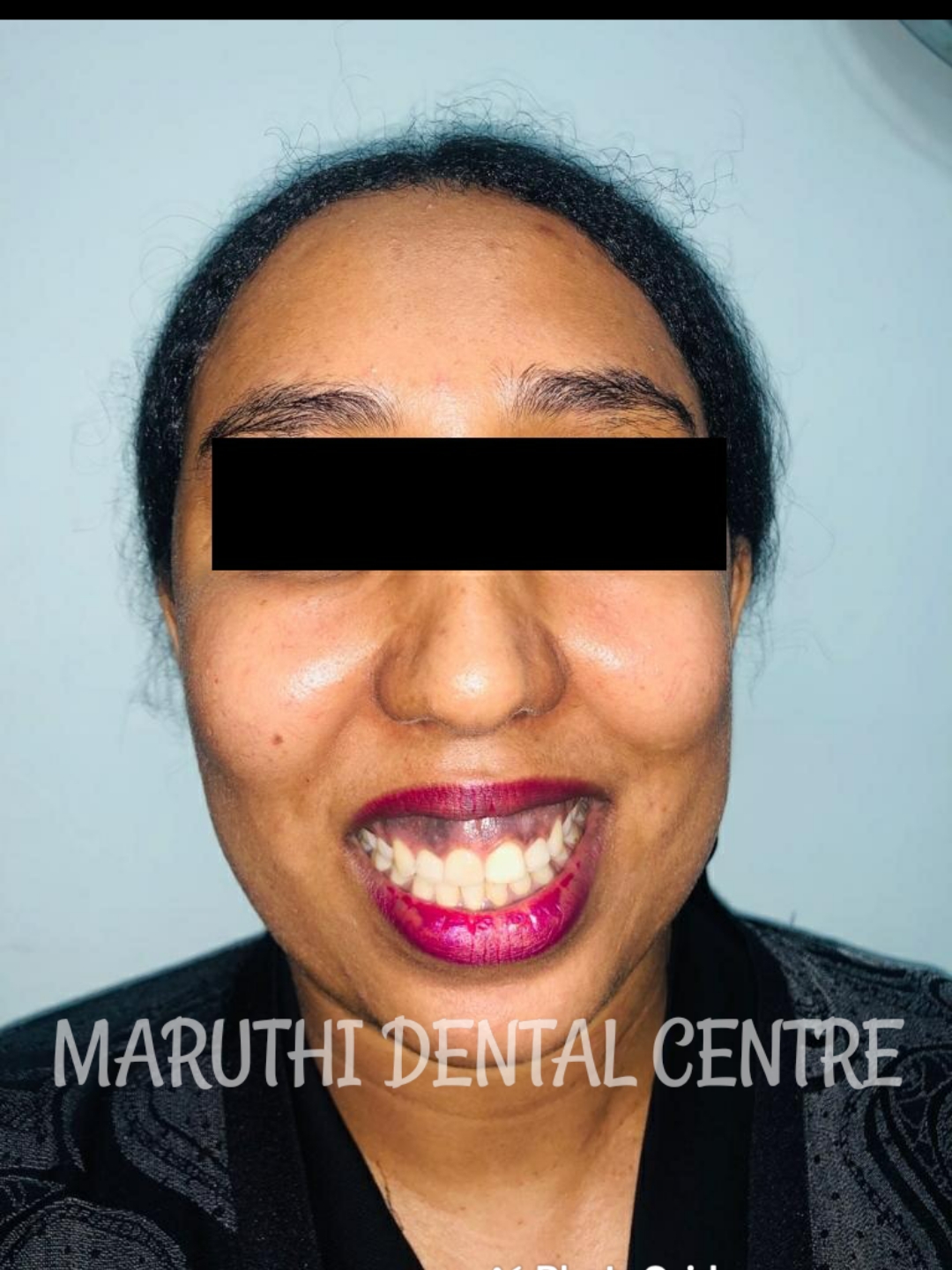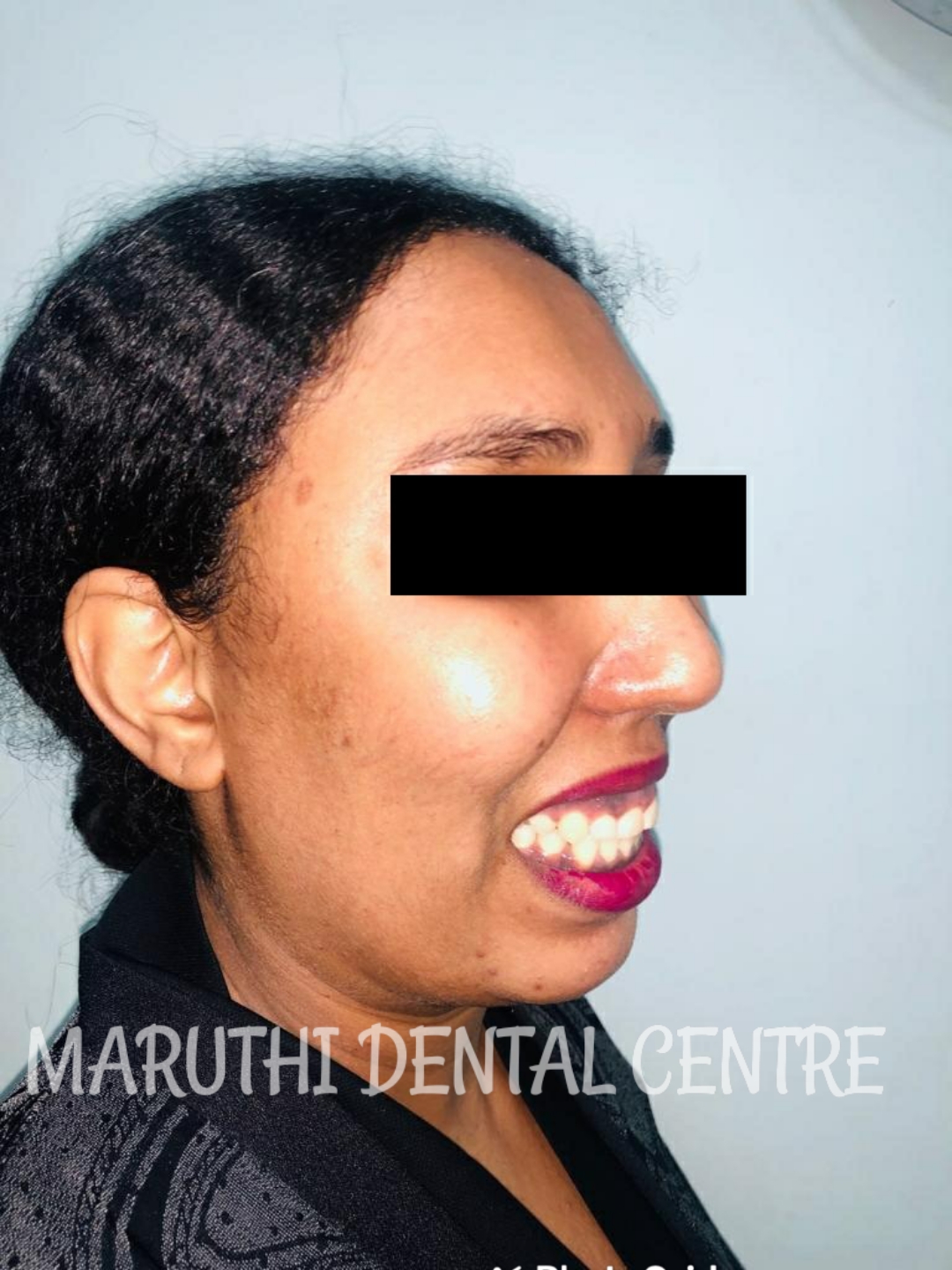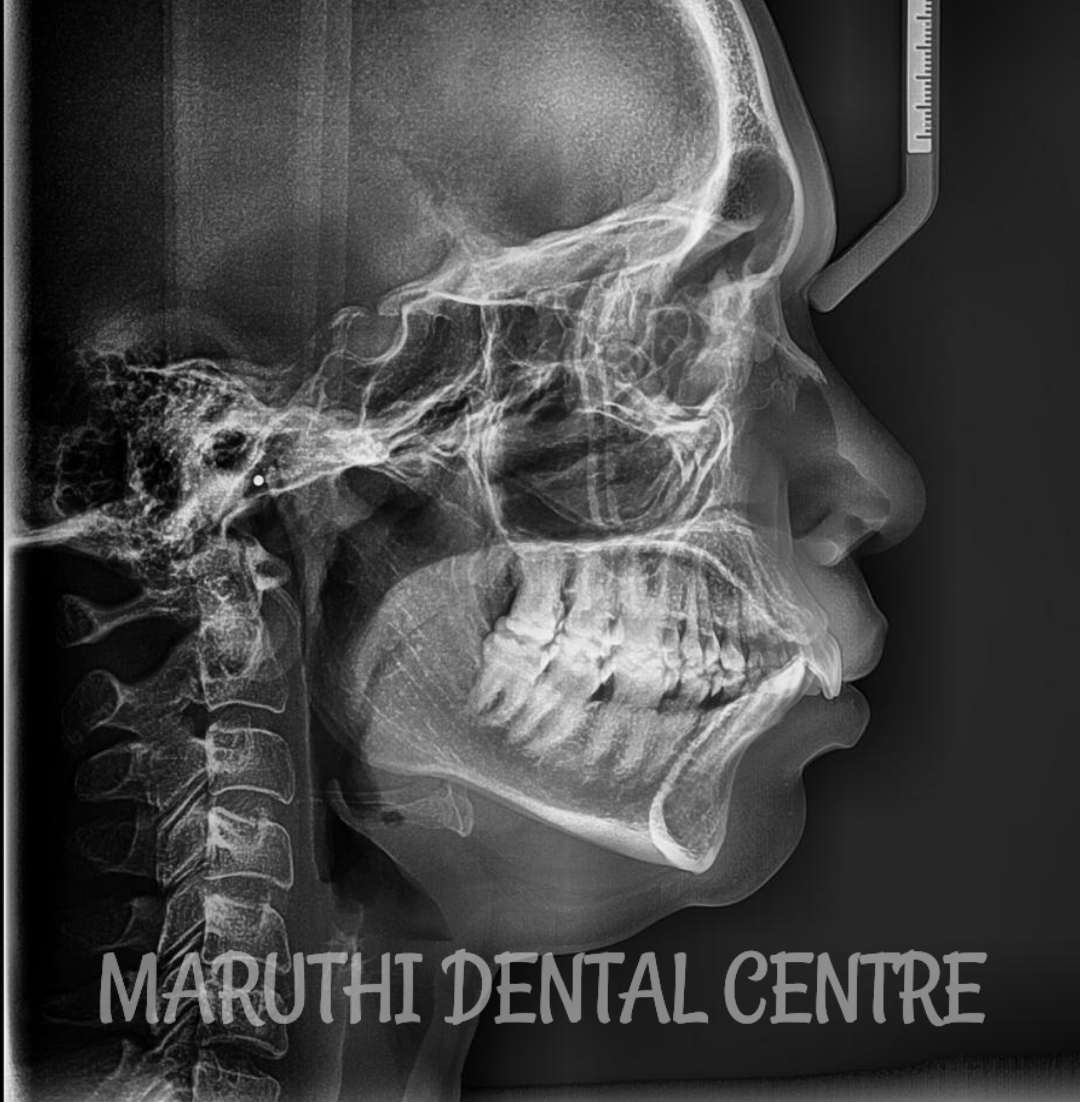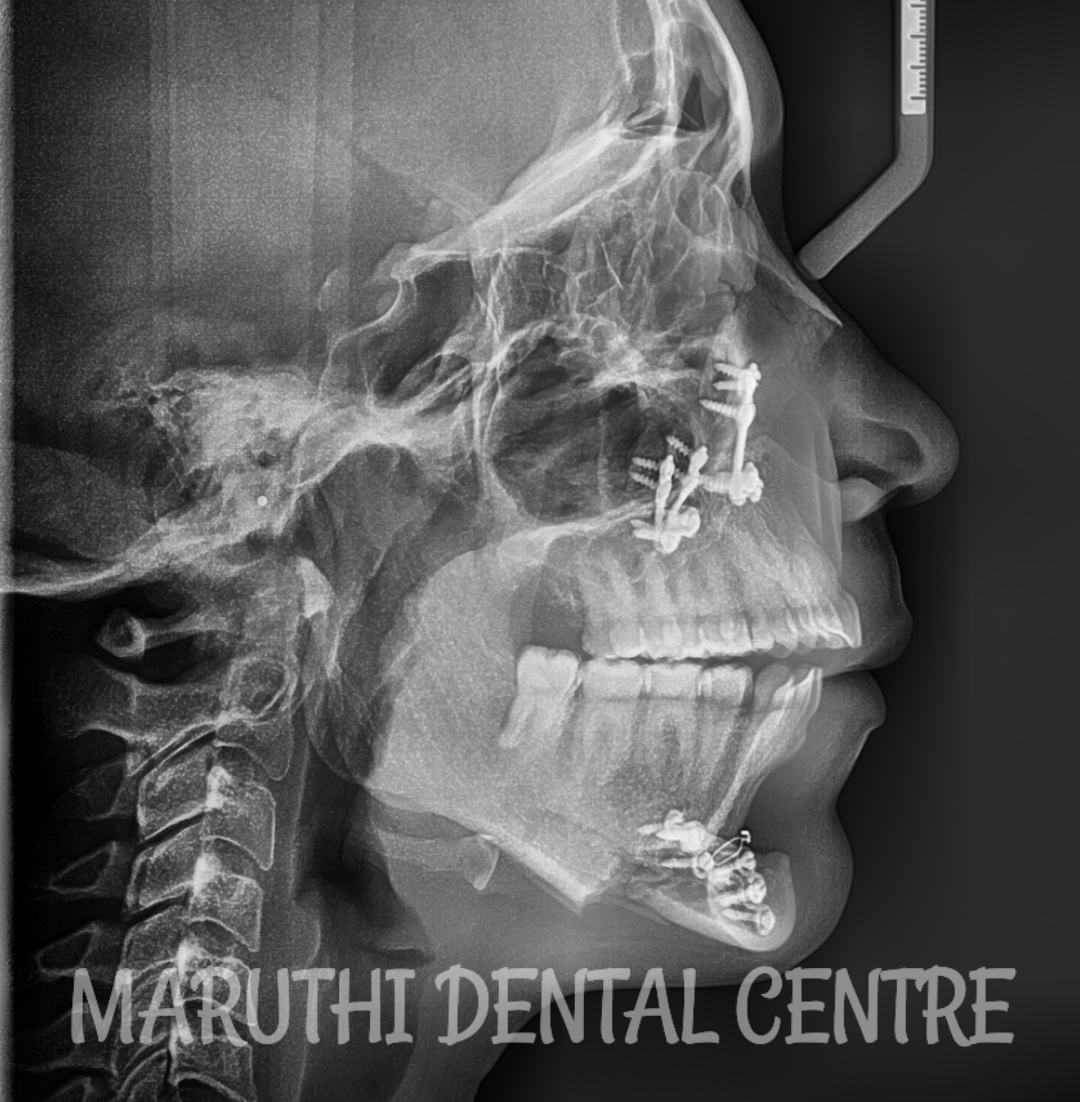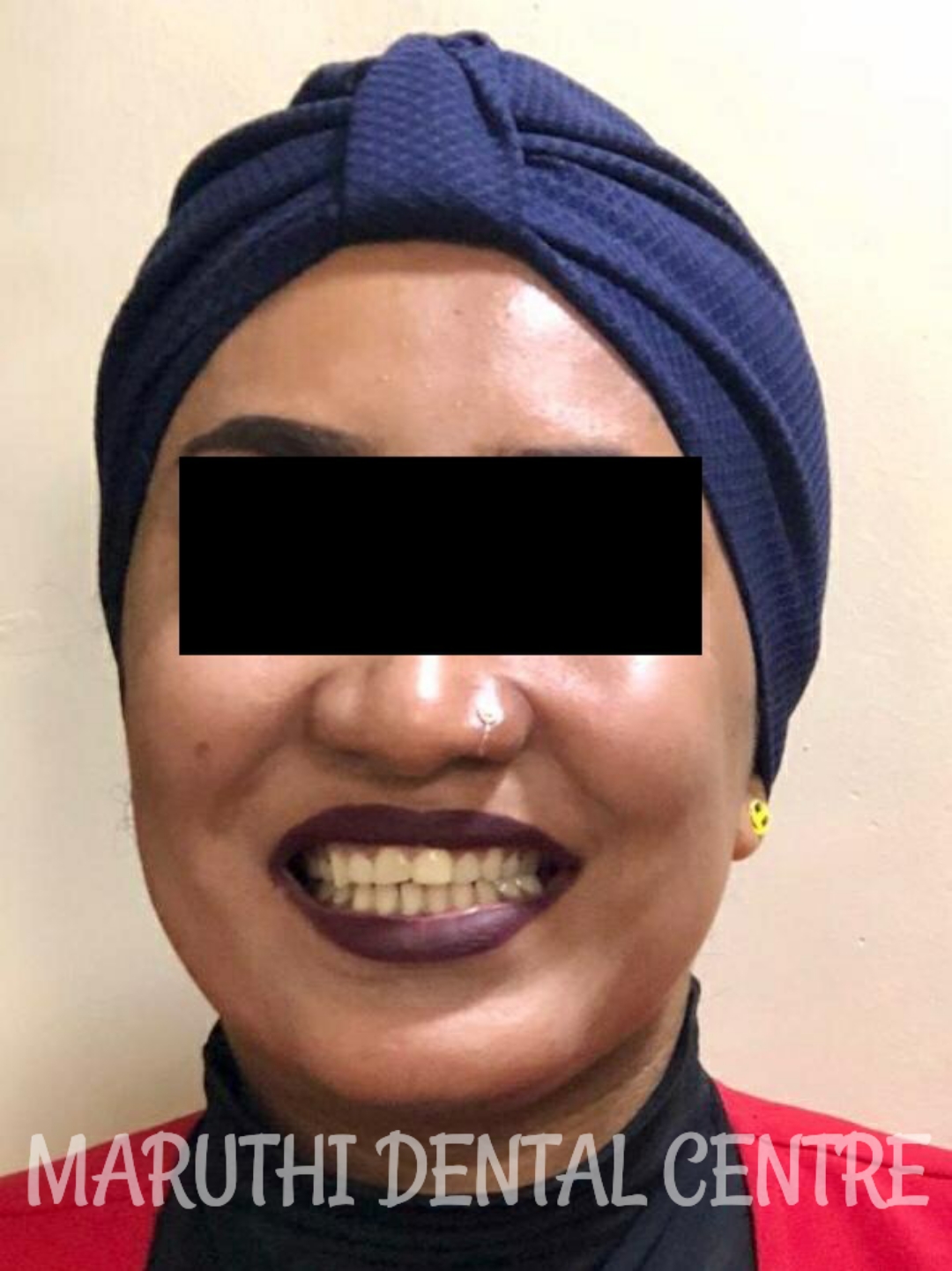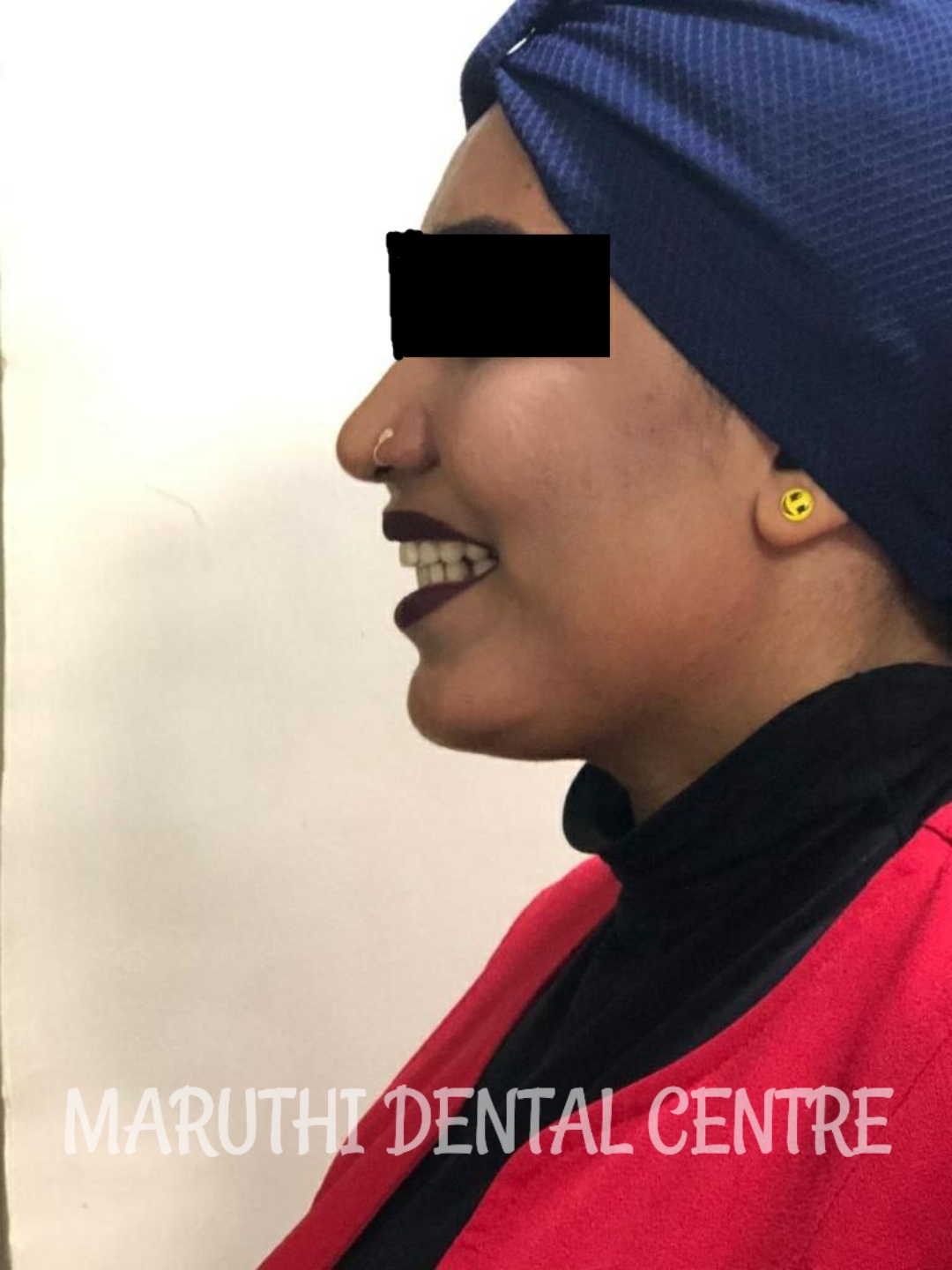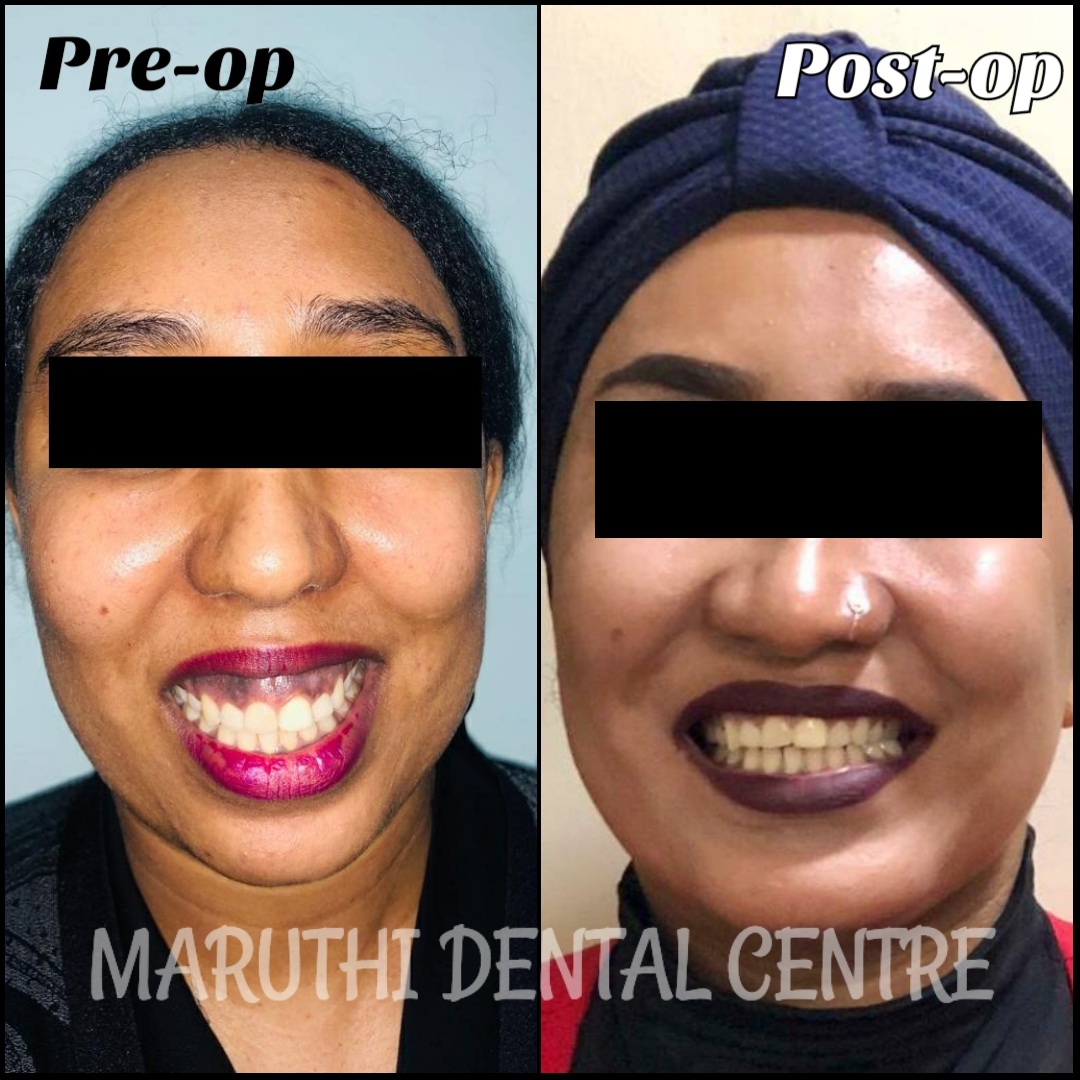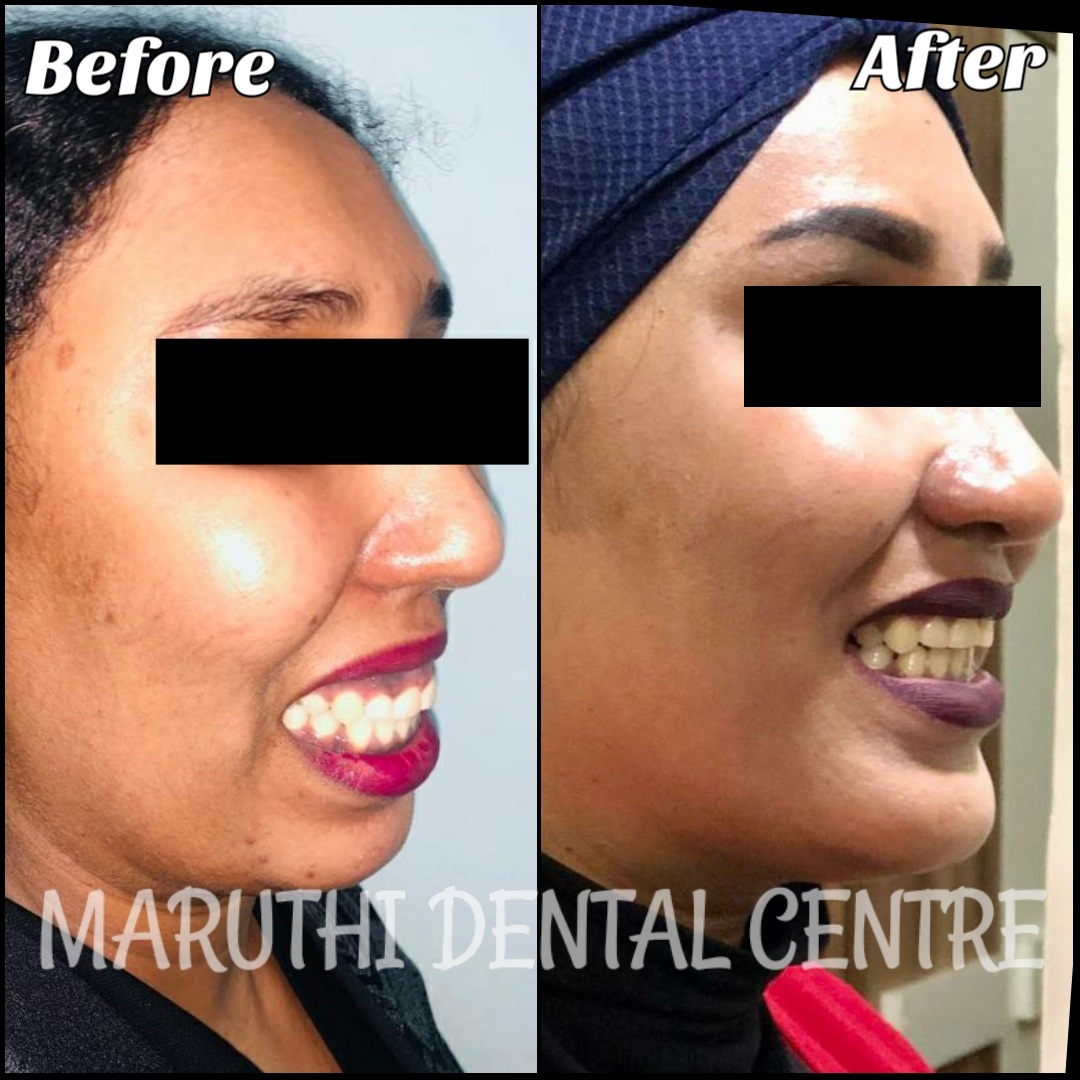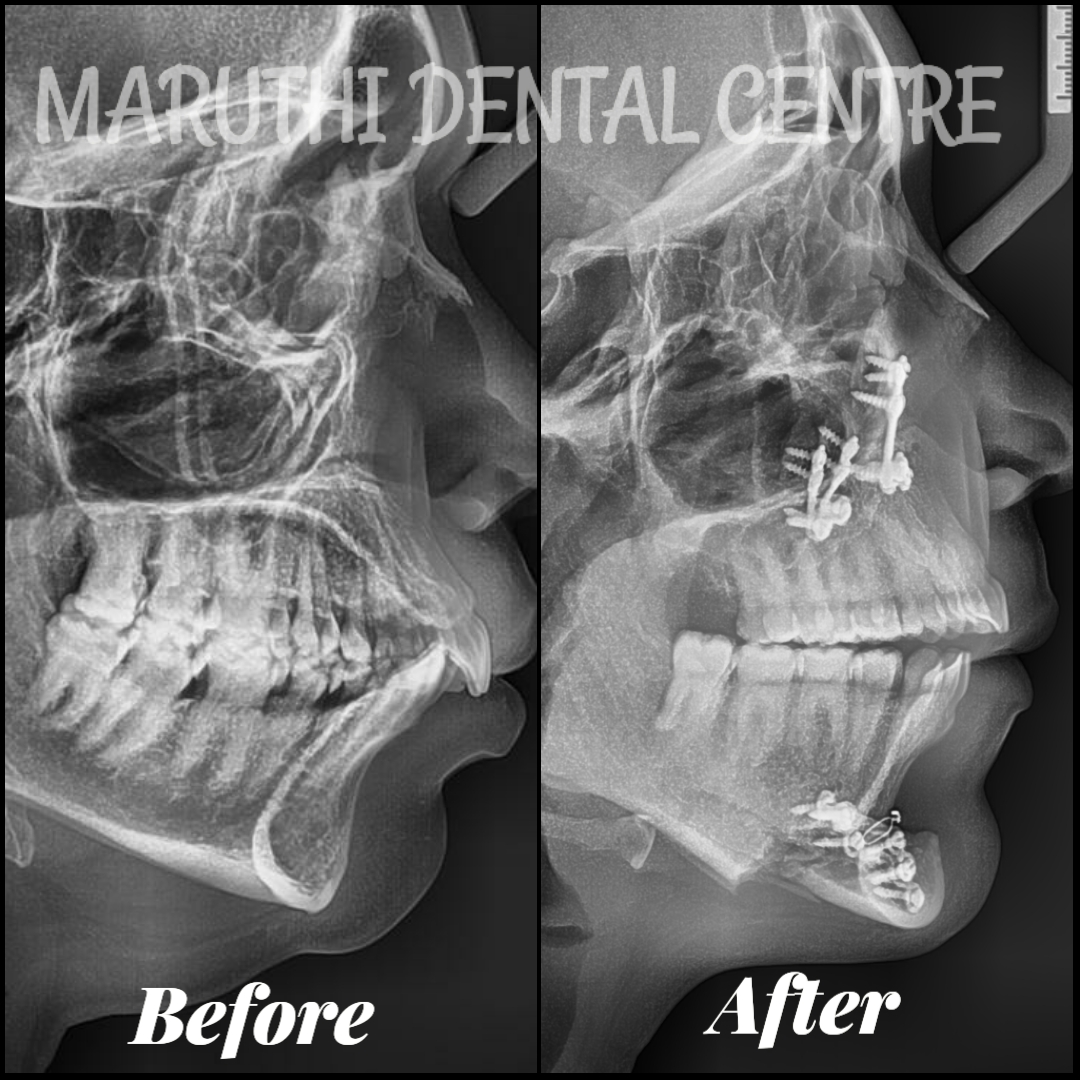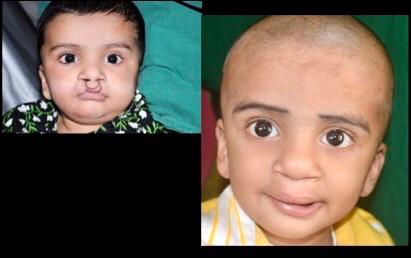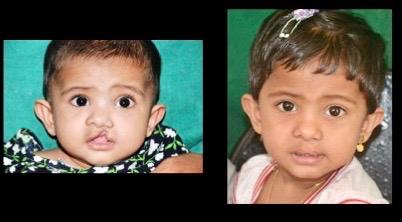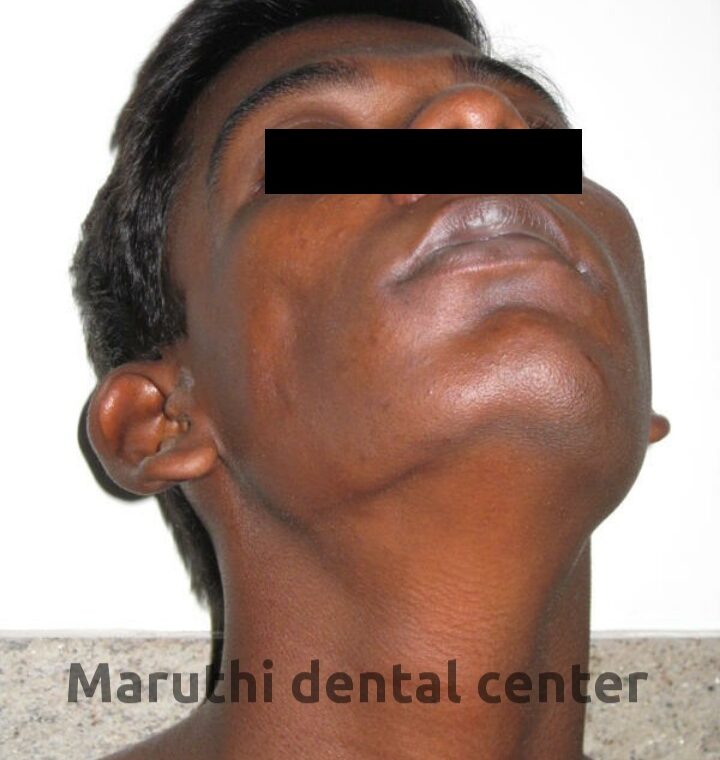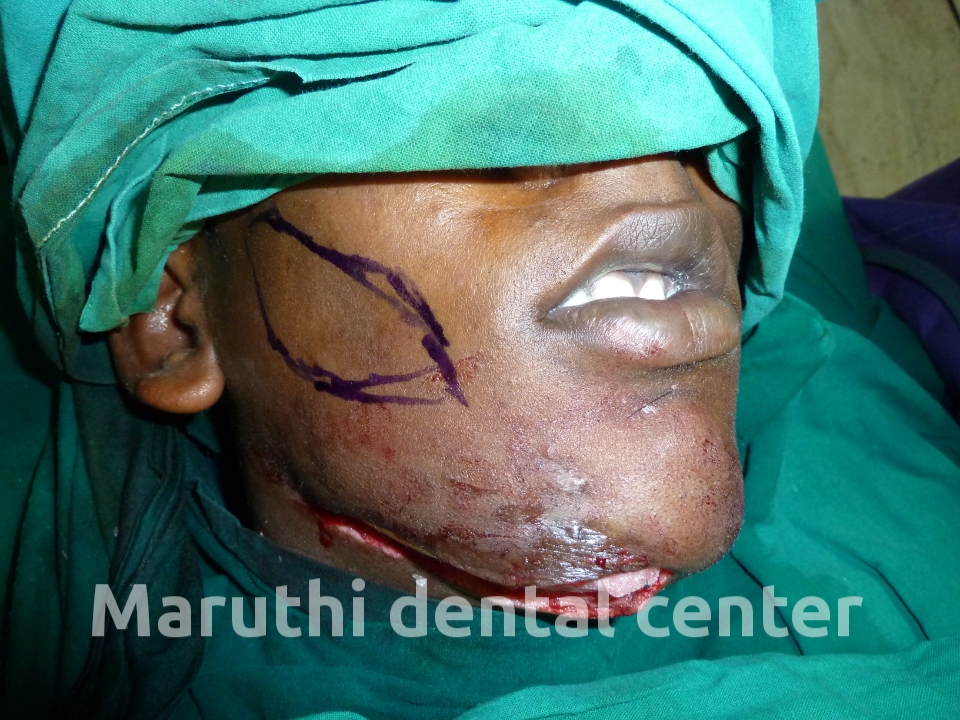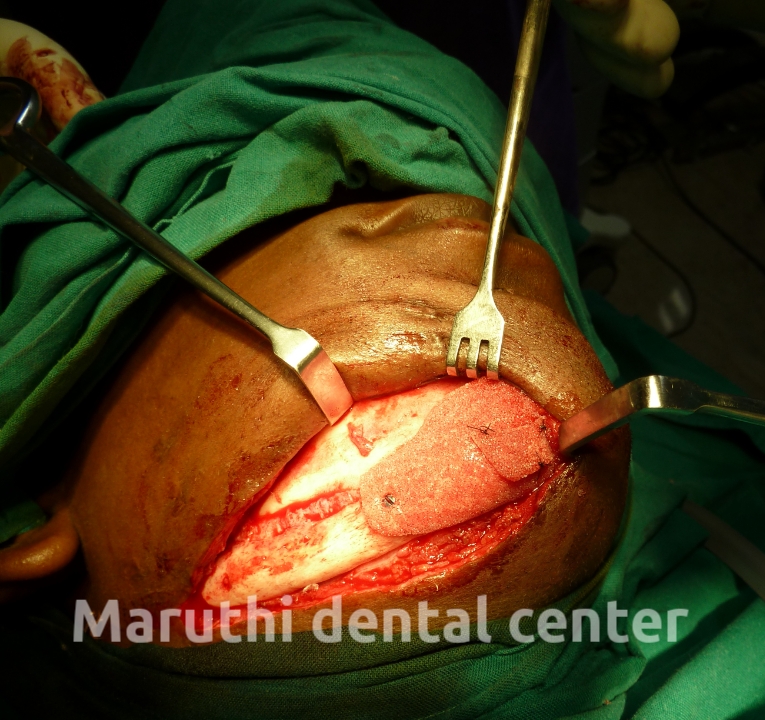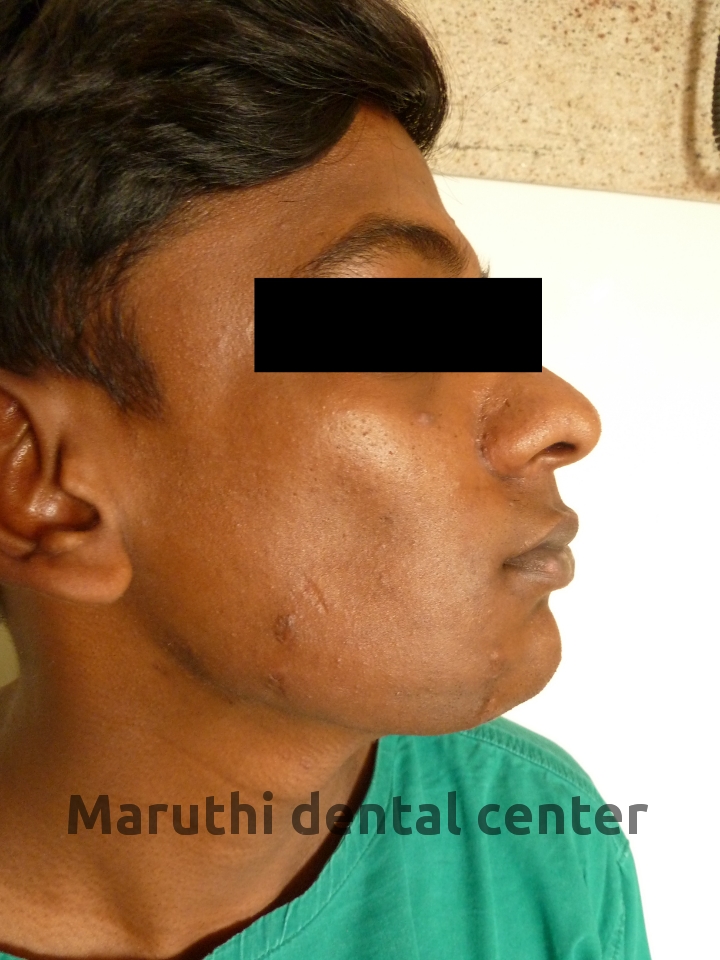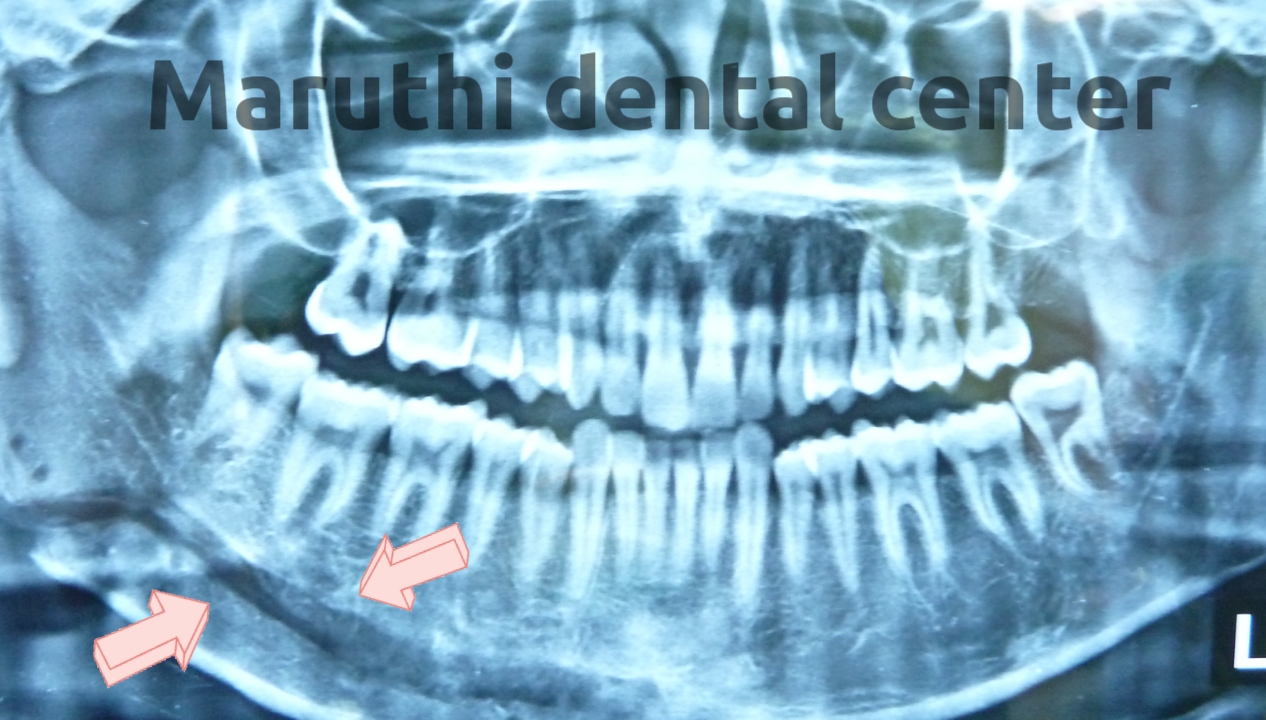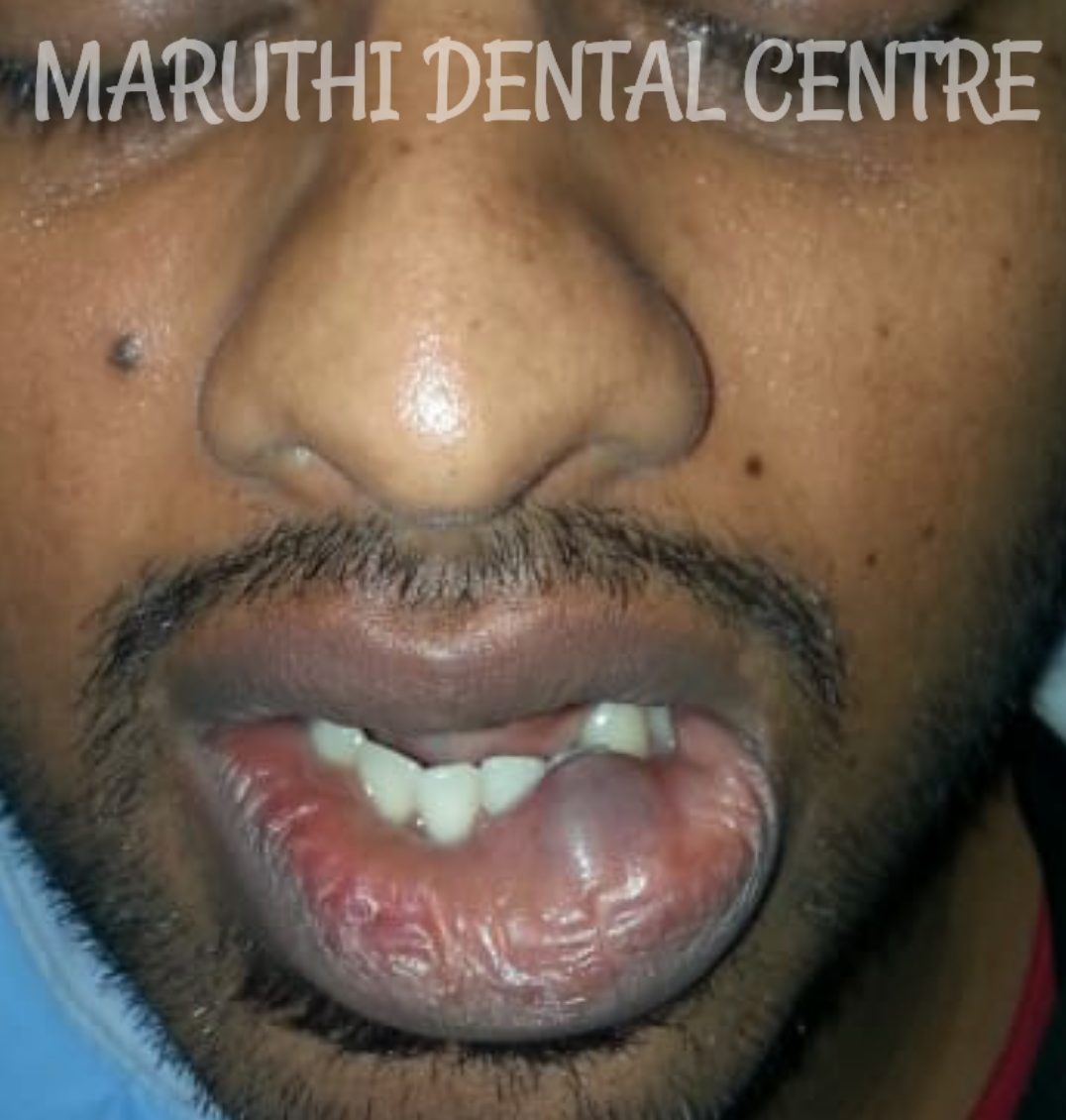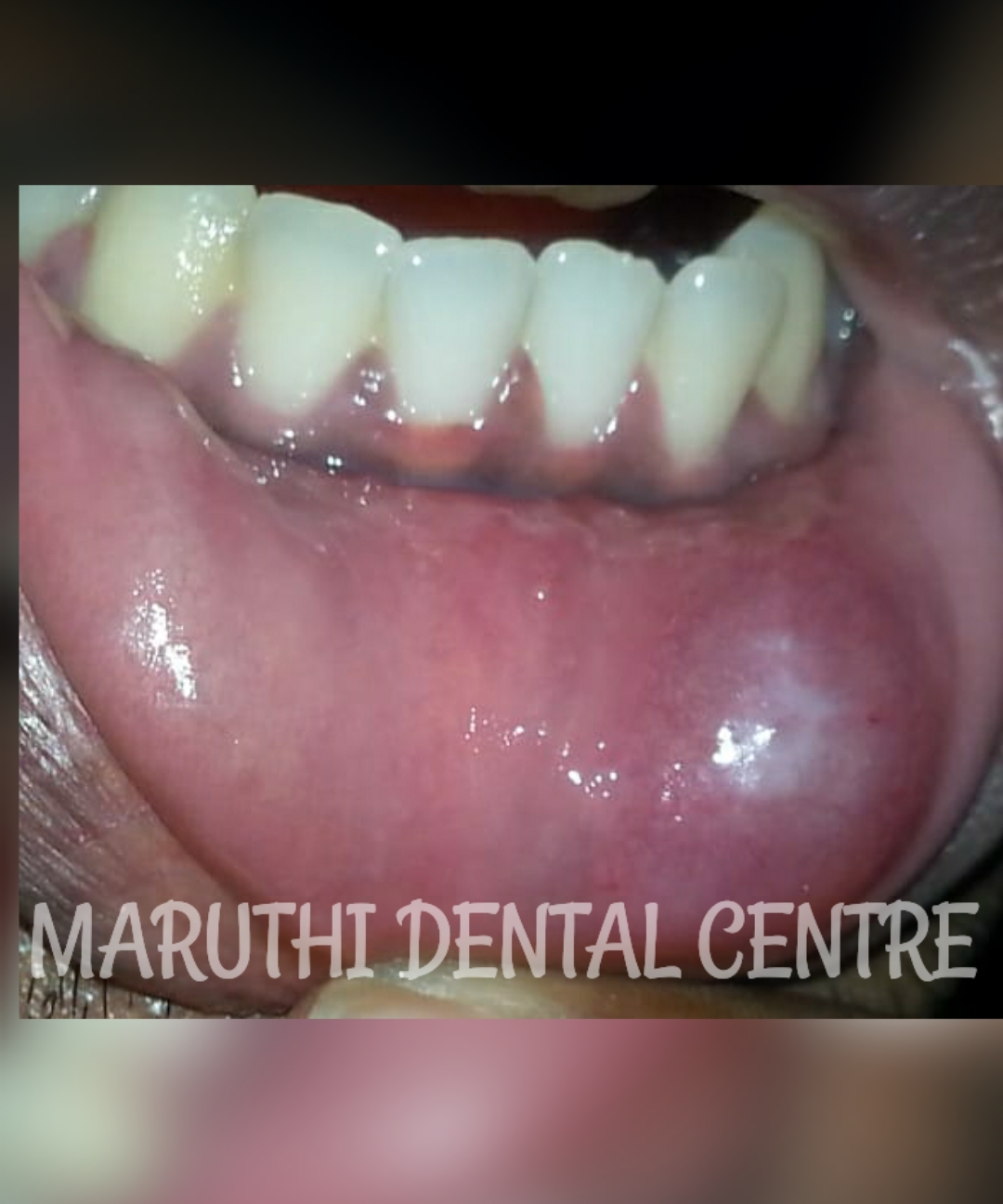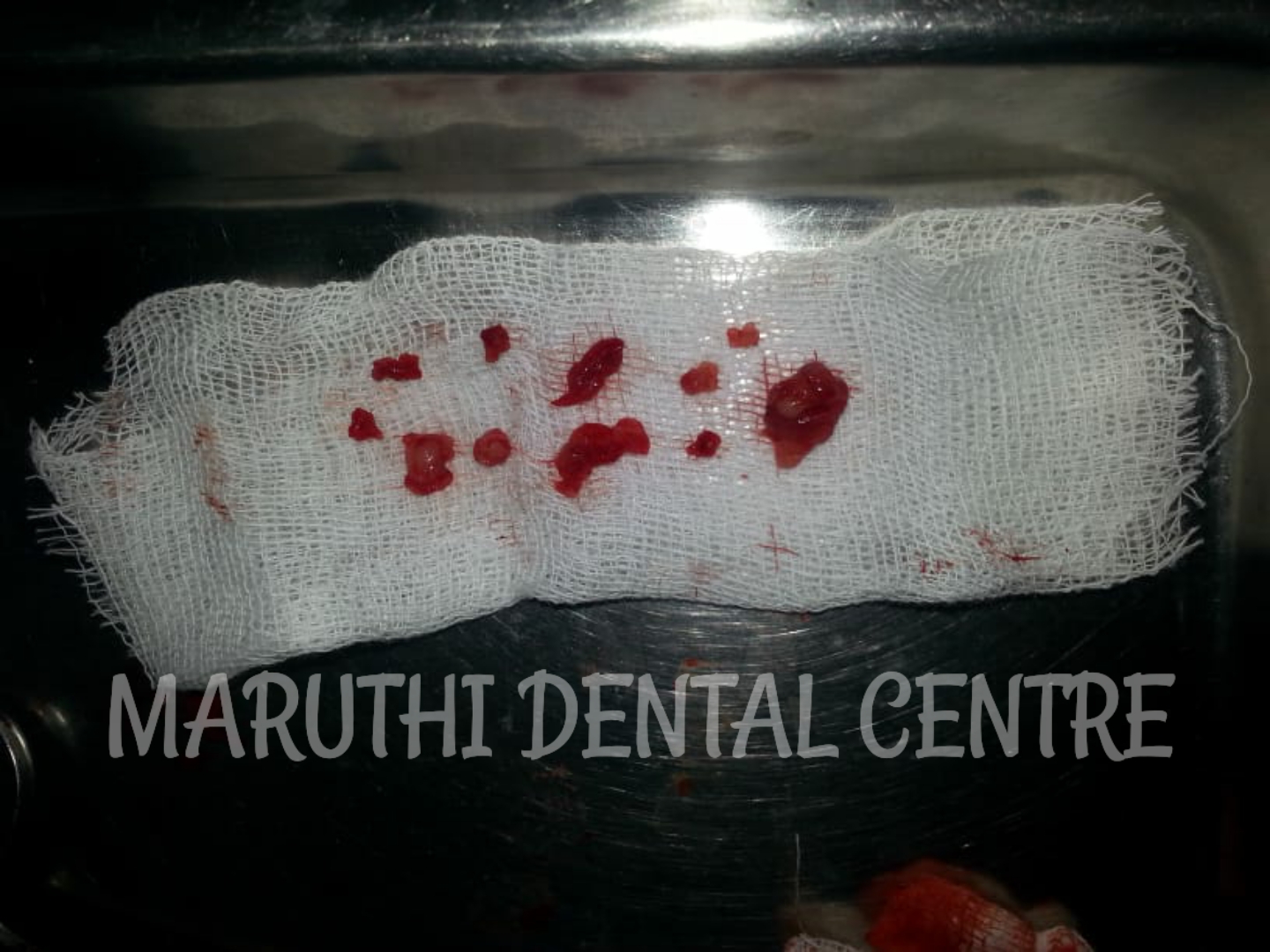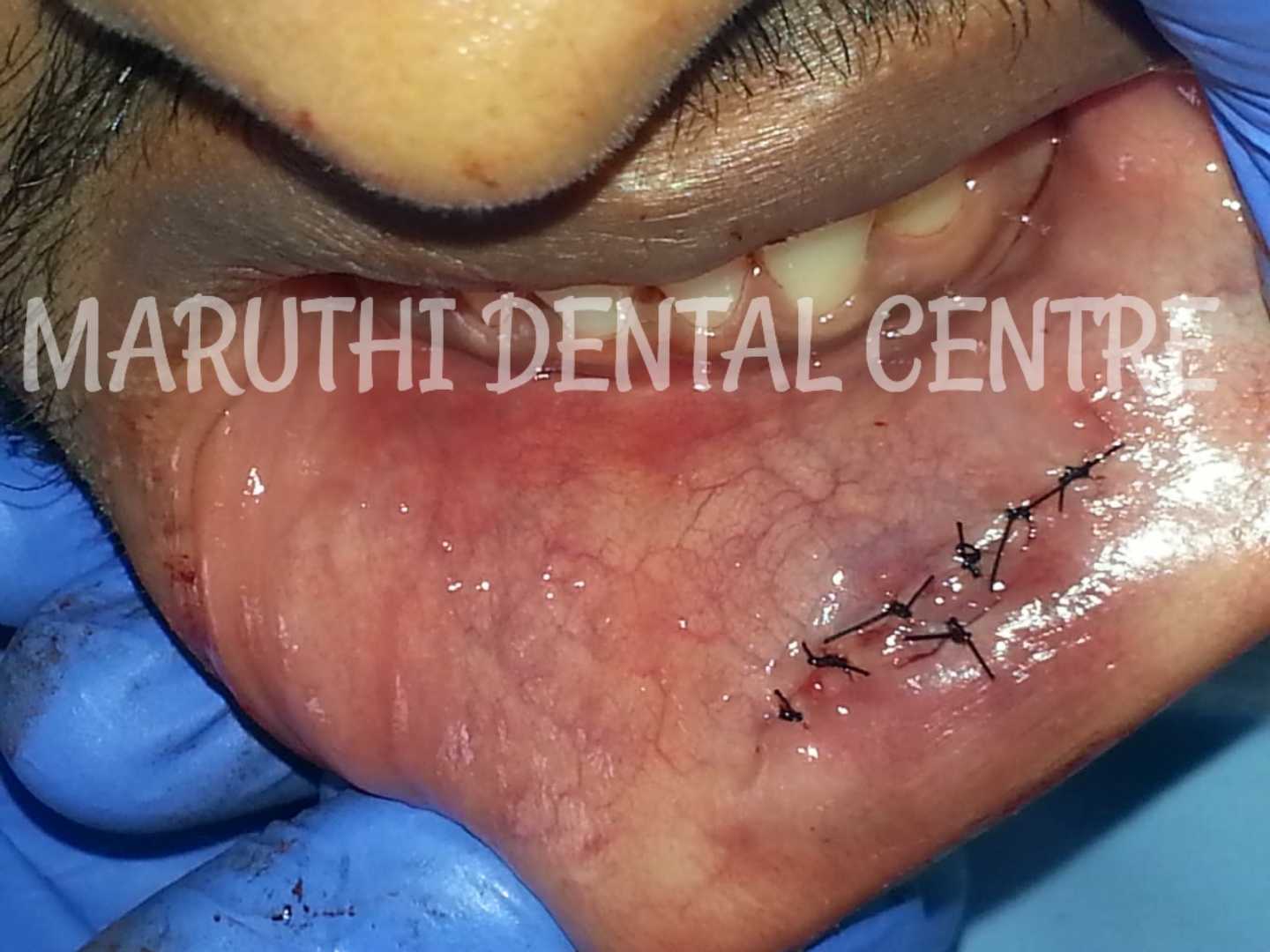Jaw and Face correction Dentistry
Orthognathic surgery
Orthognathic surgery is a corrective and cosmetic jaw and face surgery. Orthognathic surgery to reposition the maxilla, mandible, or chin is the mainstay treatment for patients who are too old for growth modification and for dento-facial conditions that are too severe for either surgical or orthodontic camouflage. Typically during oral surgery, bone is cut, moved, modified, and realigned to correct a dento-facial deformity. Orthognathic surgery requires a collaborative approach between the orthodontist and maxillofacial surgeon is imperative to successfully devise and execute a comprehensive treatment plan with predictable outcomes. For adult patients, Esthetic considerations form the most important aspect of Orthognathic surgery.
TMJ Disorders
TMJ disorders can cause pain in your jaw joint and in the muscles that control jaw movement. Pain may be due to a combination of factors, such as genetics, arthritis or jaw injury. Some people who have jaw pain also tend to clench or grind their teeth(bruxism). The pain and discomfort associated with TMJ disorders is temporary and can be relieved with self-managed care or nonsurgical treatments. Often, people with jaw pain will benefit from wearing a soft or firm device inserted over their teeth i.e., Oral splints or mouth guards. When the non-surgical methods do not improvise the condition, surgical techniques such as arthrocentesis, arthroscopy, injections, modified condylotomy and open joint surgery can be done.
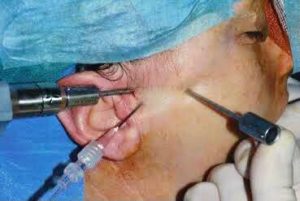
Odontogenic Cysts and Tumors
Cleft Lip repair
Cheiloplasty is a surgical procedure to correct a groove-like defect in the lips. A cleft lip does not join together properly during the embryonic development. Surgical repair corrects the defect, preventing future problems with breathing, speaking and eating, improving patient’s physical appearance. Ideal surgical results for cleft lip include symmetrically shaped nostrils, and lips that appear as natural as possible and have a functional muscle.
Distraction Osteogenesis
Distraction osteogenesis is a method of generating new bone following a corticotomy or an osteotomy and gradual distraction. The gradual bone distraction creates mechanical stimulation which induces biological responses and consequently bone regeneration. The procedure is indicated in patients with maxillary or mid-face deformities, hypoplastic mandible and deficient alveolar bone prior to implants placement. Distraction osteogenesis is a way to make a longer bone out of a shorter one. After a bone is cut during surgery, a device called a distractor pulls the 2 pieces of bone apart slowly. The slow stretching apart of bone is not painful. New bone grows to fill the gap.
Mucocele
A mucocele is a common benign, mucus-containing cystic lesion of the oral mucosa that results from an alteration of minor salivary glands due to mucus accumulation causing limited swelling. Mucoceles often show up on the inside of your lower lips, your gums, the roof of your mouth, or under your tongue. They are movable and painless, soft, round and dome-shaped. They vary from 2 to 10mm in diameter and appear as pearly or semi-clear surface or bluish color.



